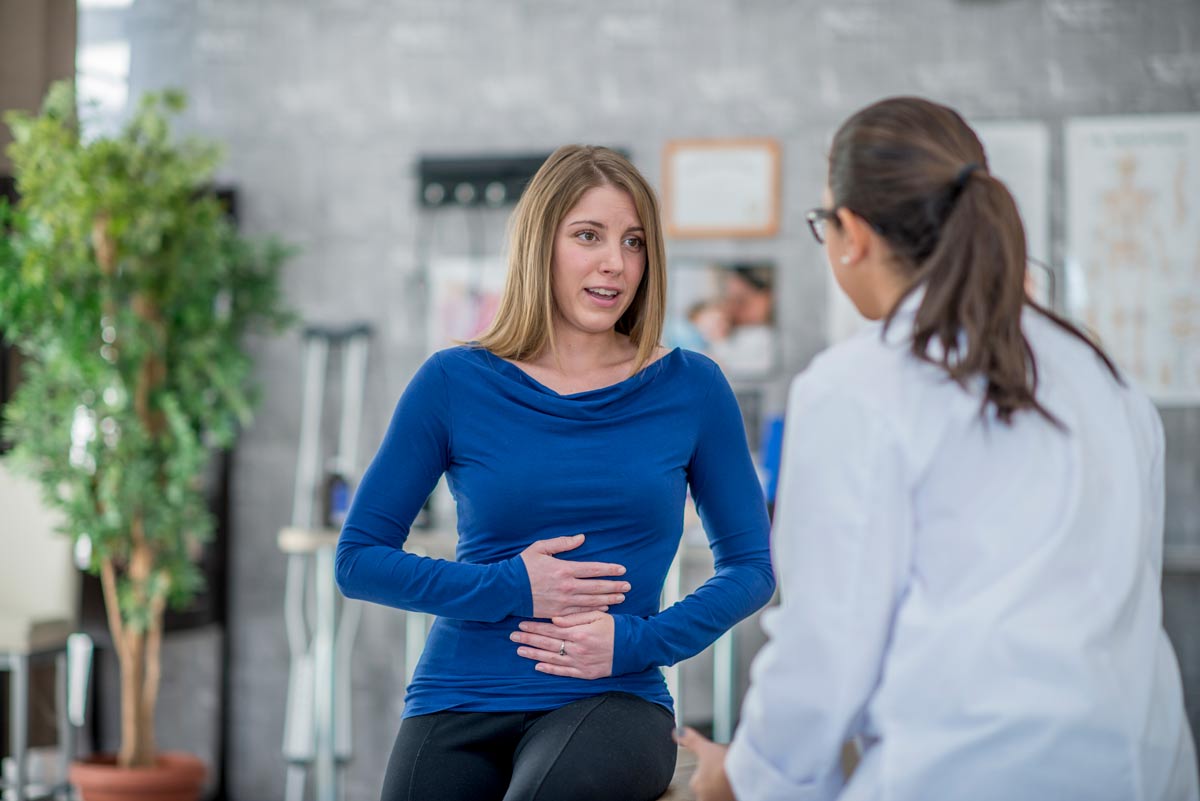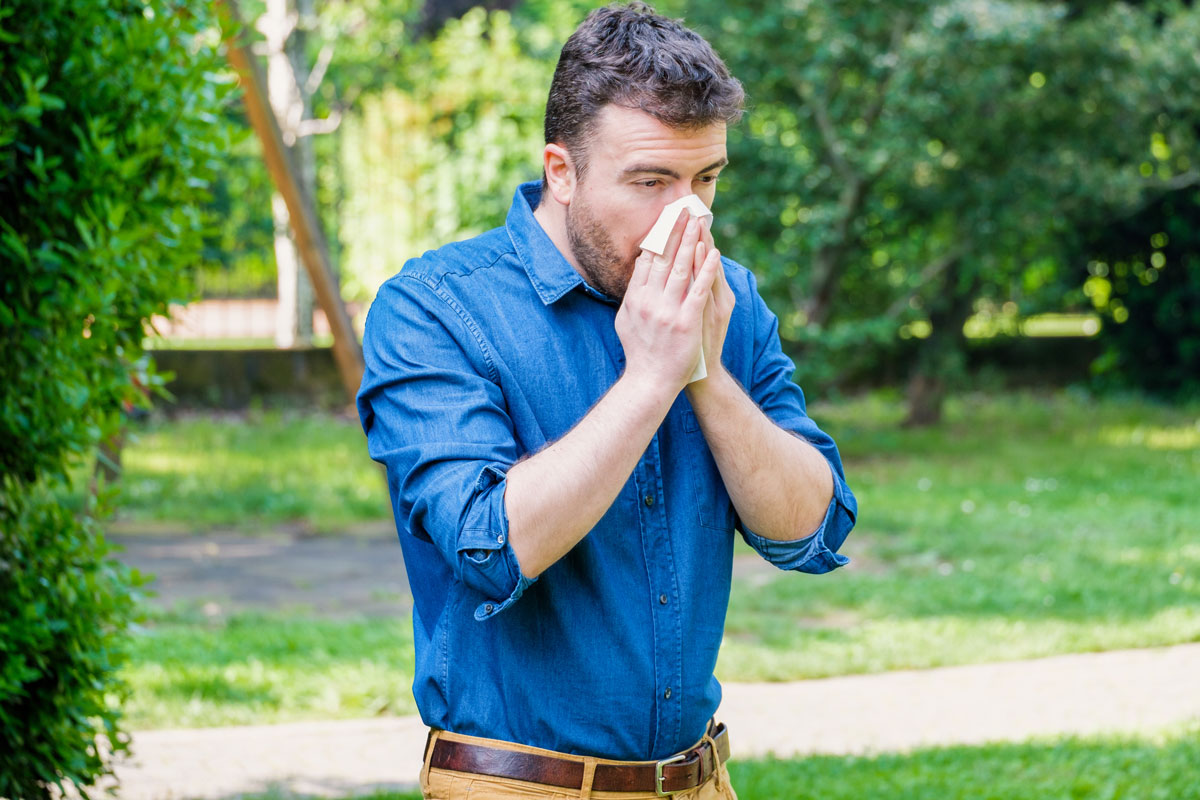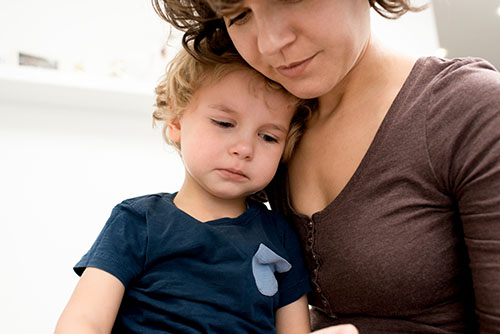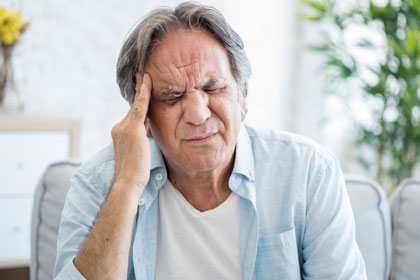Chest Pains | Abdominal Pains
Chest Pains
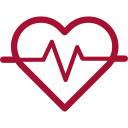
The first thing you may think of is heart attack if you are having chest pain. Chest pain is not something you should ignore, but you should know that it has many possible causes. In fact, as many as a quarter of people in the U.S. will have chest pain that does not have anything to do with their heart. For example, chest pain may also be caused by problems in your lungs, muscles, ribs, or nerves. Some of these conditions are serious and may cause death, but others are not. If you have chest pain, the only way to confirm its cause is to see a doctor.
You may feel chest pain anywhere from your neck to your upper abdomen. Depending on its cause, chest pain may be:
When to See the Doctor for Chest Pain?
If you are not sure, call your doctor about any chest pain you have, especially if it comes on quickly or is not helped by anti-inflammatory medications (like Advil or Tylenol) or other self-care steps, such as changing your diet.
Call 911 if you have any of these symptoms along with chest pain:
Call your doctor if you have any of these symptoms:
Abdominal Pains
The cause of abdominal problems can be hard to find. Sometimes minor and serious abdominal problems start with the same symptoms. Fortunately, most abdominal problems are minor and home treatment is all that is needed.
Many times the exact cause of abdominal pain is hard to find. The level of your pain, its location and other symptoms you have may help the doctor decide what is causing the pain.
Generalized Pain
Generalized pain occurs in half of the abdomen or more. This type of widespread pain can occur with many different illnesses and will usually go away without medical treatment. Indigestion and an upset stomach are common problems that can cause generalized pain. Home treatment may help relieve some of the discomfort. Generalized mild pain or crampy pain that becomes more severe over several hours may be a symptom of a blockage of the intestines.
Localized Pain
Localized pain is located in one area of the abdomen. Localized pain that comes on suddenly and gets worse is more likely to be a more serious problem. The pain of appendicitis may start as generalized pain, but it often moves (localizes) to one area of the abdomen. The pain from gallbladder disease or peptic ulcer often starts in one area of the abdomen and stays in that same location. Localized pain that slowly becomes more severe may be a symptom of inflammation of an abdominal organ.
Cramping
Cramping is a type of pain that comes and goes (intermittent) or that changes in position or severity. Cramping is rarely serious if it is helped by passing gas or a stool. Many women have cramping pain with their menstrual periods. Generalized cramping pain is usually not a cause for concern unless it gets worse, lasts for longer than 24 hours, or localizes to one place in your abdomen. Cramping that starts suddenly with diarrhea or other minor health problems can be quite painful but is usually not serious.
Sometimes, severe pain that comes on suddenly may be a symptom of a rupture of the stomach or intestines or blood vessel problem. The pain caused by appendicitis or gallbladder disease may get worse when you move or cough. Pain that increases with movement or coughing and does not appear to be caused by strained muscles is more likely to be a more serious problem. A visit to a doctor is usually needed when severe abdominal pain comes on suddenly, or when new and different mild pain slowly becomes more severe over several hours or days.


